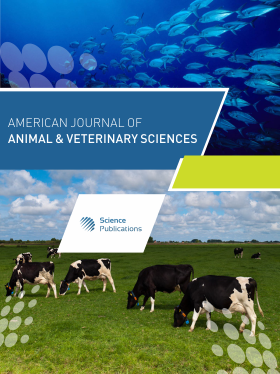General Aspect and Current Fluid Therapy in Cattle with Digestive Diseases
- 1 University of León, Spain
- 2 University of Lleida, Spain
Abstract
Digestive disorders therapy, both in calves and adult animals depends on the correction of dehydration, academia and the removal of D-lactate from the blood and it is possible to do it by means of fluid therapy. To do this, it is necessary to evaluate the dehydration of the animals and to evaluate some clinical signs that allow to suspect acid-base and electrolytes modifications in blood. The exact determination of these alterations, even a field level, by means of portable auto analyzers allow a fluid therapy adapted to each animal. Academia, with accumulation of D-lactate in the blood, seems to be one of the most important factors in the pathogenesis of systemic signs of neurological dysfunction, including ataxia, weakness and reduction of food intake in several digestive diseases in ruminants. Also reviewed are the products available in the market frequently used in the fluid therapy of these diseases, with their main indications and disadvantages. Finally, we review the main digestive pathologies that suffered from ruminants, especially diarrhea in calves, with their treatment.
DOI: https://doi.org/10.3844/ajavsp.2017.111.131

- 6,826 Views
- 12,313 Downloads
- 0 Citations
Download
Keywords
- Fluid Therapy
- Ruminant
- Digestive Disorders
- Acidosis
